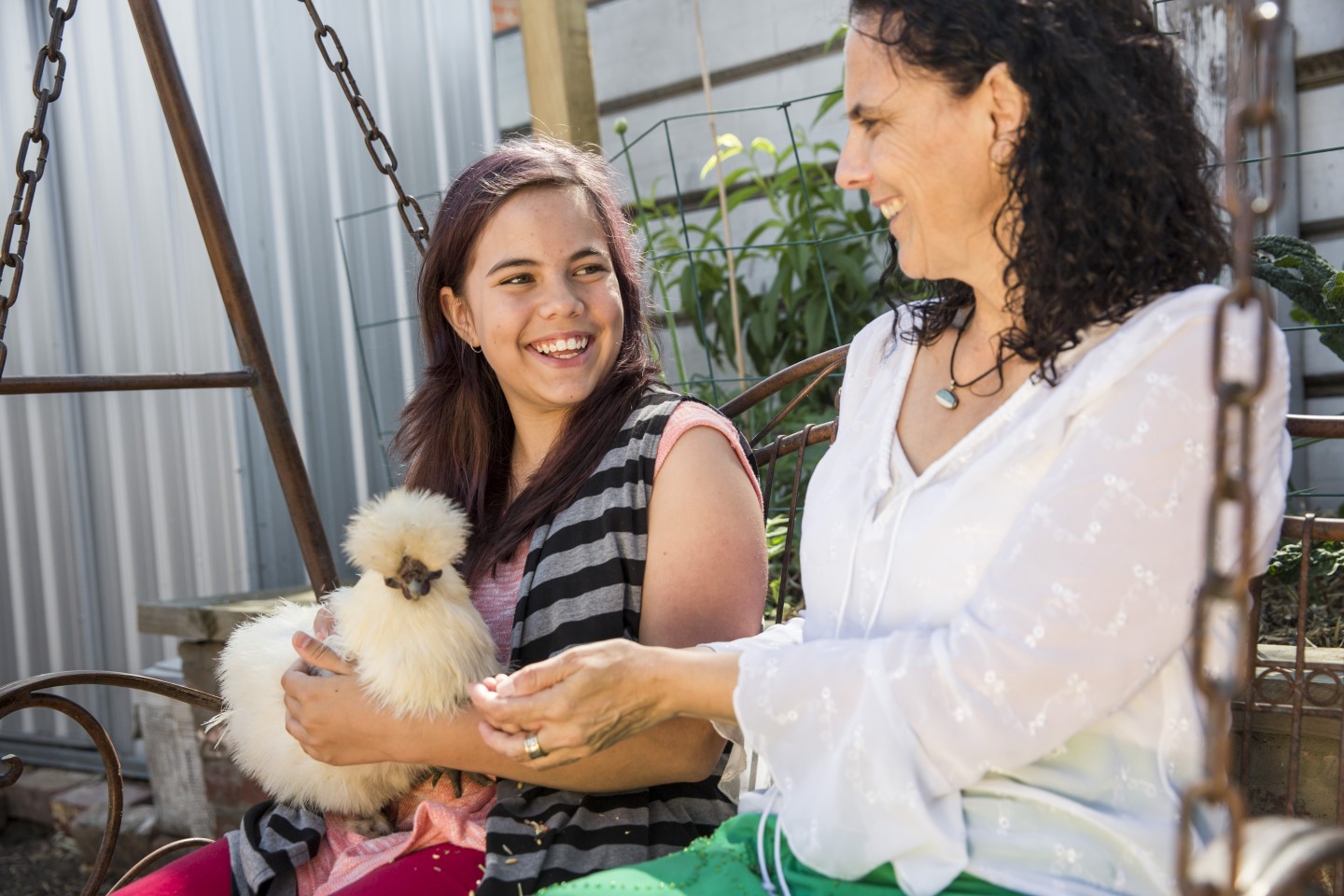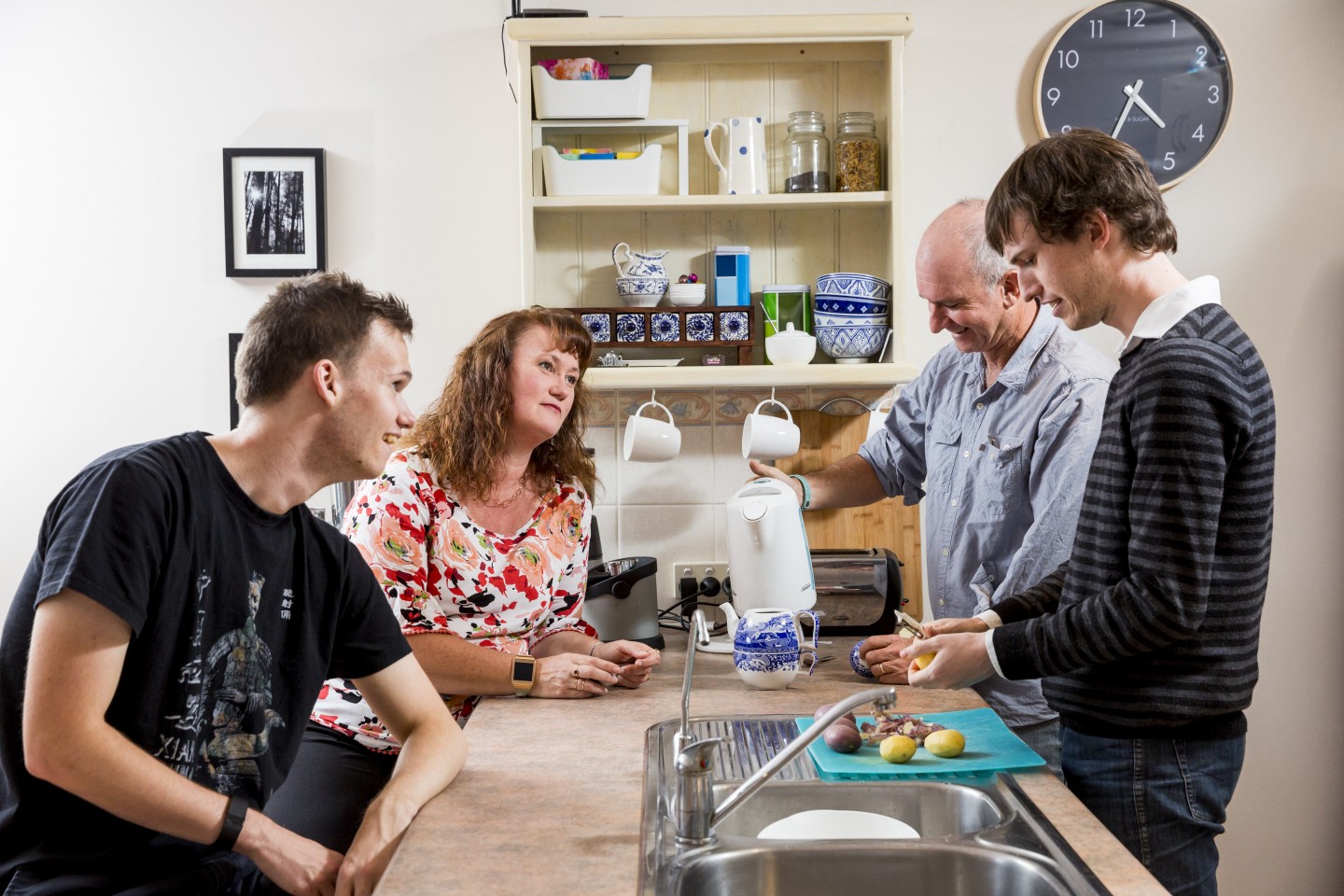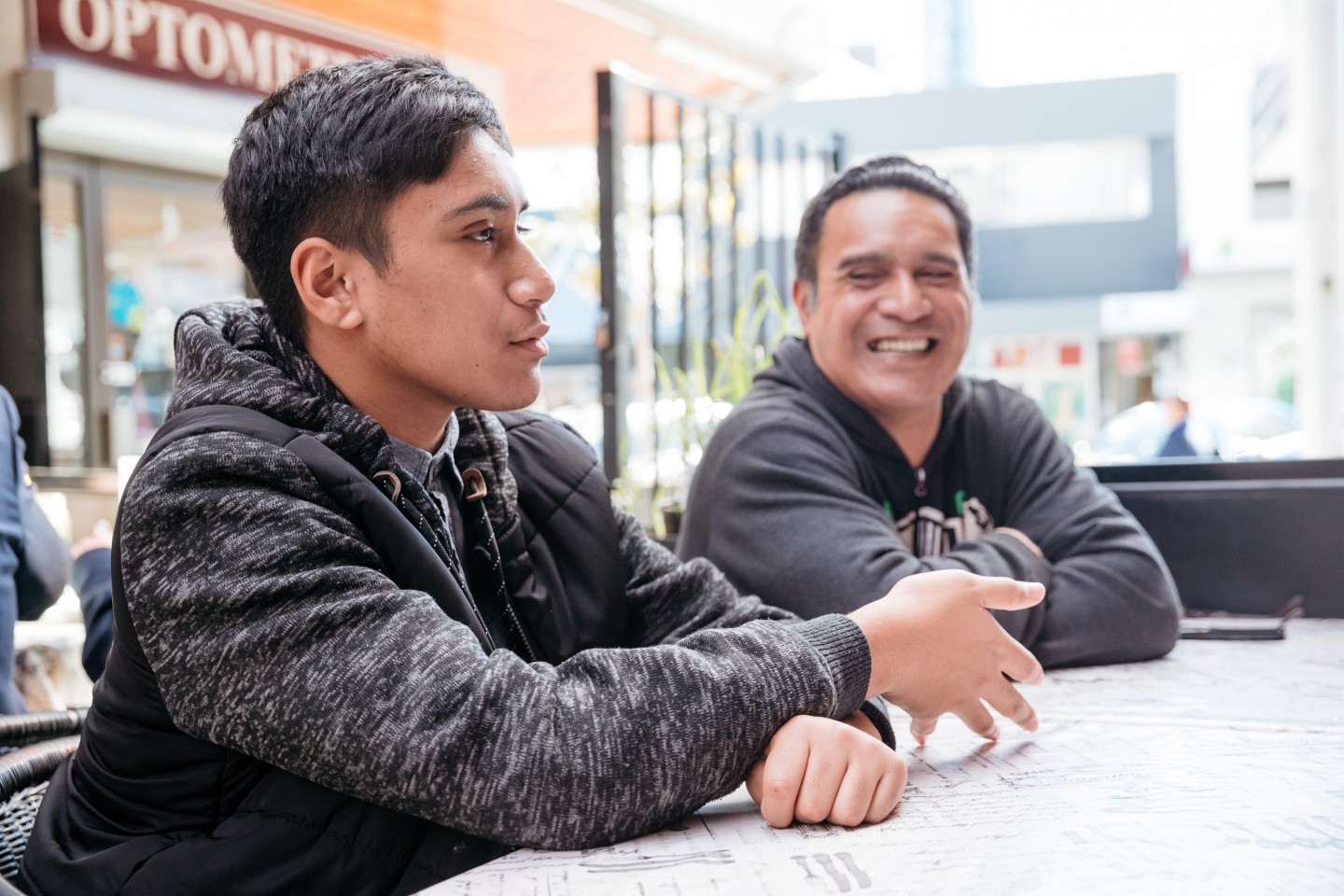Based on the 7 Tips for a Healthy Headspace for young people
Just like physical fitness, mental fitness requires regular effort. This can be challenging to maintain. There are many things that family and friends can do to help a young person look after their mental health.
Family and friends can support a young person by providing them with the tools to live their lives in a positive and meaningful way.
Good mental health encourages young people to positively engage in work, study and social activities. Good mental health can help them:
- think flexibly
- problem-solve
- manage day-to-day stress
- feel connected to others
- be resilient when things go wrong.
Here are seven simple tips to help your young person build mental fitness.
1. Get into life
Doing things that are enjoyable and provide a sense of purpose is essential to good mental health. This includes fun activities, work or study. Encourage your young person to get involved in activities that give them a sense of accomplishment. This can boost their confidence and provide opportunities to connect with others. As a support person, modelling ‘getting into life’ can help to make this feel more achievable for your young person.
2 Learn new skills for tough times
It is important to take the time to think and talk about how to handle tough times. Encourage your young person to build a range of strategies for handling tough times and let them know these will come in handy now and in the future. Different strategies work for different people. You can model going through a tough time by talking openly about how you are handling it. You can also suggest simple ways of managing by:
- using art, music or journaling
- practising mindfulness
- spending time in nature
- setting small goals and getting help to see them through
- talking kindly to yourself
- talking to others
3. Create connections
Relationships with friends, family (including pets) and others in the community are essential to young peoples’ mental health and wellbeing. As humans, we are ‘hardwired’ to connect with others, and relationships offer a sense of belonging.
Young people will naturally focus on friends, but still need family. You can support and encourage a young person to have meaningful connections with friends while also finding ways to spend time together.
Some ideas for connecting include:
- going to a café for a coffee or meal
- going for a drive (or a driving lesson)
- kicking the footy
- playing a board or card game.
If ‘one-on-one’ activities feel too intense, then joint activities with other friends or family members can be an enjoyable way to reconnect.
4. Get enough sleep
Sleep is vital for young people and their mental health. During adolescence, the ‘body clock’ changes and young people are more likely to stay awake late at night and sleep into the morning.
You can help by encouraging regular ‘winding down’ activities before bed and supporting a regular routine in the morning. Help your young person create a bedroom environment that is free of TV, devices and lights so that sleep will come more easily. See our sleep article for more information and advice.
5. Stay active
Staying active is critical to physical health, mental agility and mood regulation. If your young person isn’t into sport or working-out then other natural opportunities for staying active are great too. Dancing, yoga, walking the dog, cycling or walking to a friend’s house are ordinary ways of integrating physical activity into everyday life. As a support person, you can encourage an active lifestyle in your young person by also staying active yourself.
6. Eat well
Eating well fuels the body and energy levels and can improve a person’s mood, general health and wellbeing. Together, create a list of your favourite nutritious meals and snacks or invite your young person to join you at the supermarket, choose food and help cook meals.
We all need to drink plenty of water. Good hydration supports clear thinking and concentration. The great range of drink bottles designs may encourage the young person to drink water while on the go.
7. Cut back on alcohol and other drugs
Family and friends play an important role in supporting healthy decision making when it comes to alcohol and other drugs. Talk openly with your young person about alcohol and other drugs, including ways they can minimise risks.
It is better to delay the age a young person starts drinking for as long as possible. Be prepared to talk about alcohol-use early and continue to discuss the topic throughout adolescence and early adulthood.
The best way to send a message about alcohol is for family members to model responsible drinking behaviour. For more information on alcohol, see our alcohol article.
Self-care for family and friends
Parents and carers of young people often neglect their own needs because they are busy looking after others, or because they feel guilty taking time for themselves. It is important that, while you care for someone, you also look after your own mental health.
Find out more about how you can take care of yourself as a family member or friend supporting a young person.
Supporting your young person to seek help
There may be times when support from family and friends is not enough and your young person needs professional support.
Encourage them to make an appointment with their general practitioner (GP), seek help from a local headspace centre, or visit eheadspace for online and phone support.
The headspace Content Reference Group oversee and approve clinical resources made available on this website.
Last reviewed 13 Feb 2024.
Get professional support
If you feel you need help there are a range of ways we can support you.


